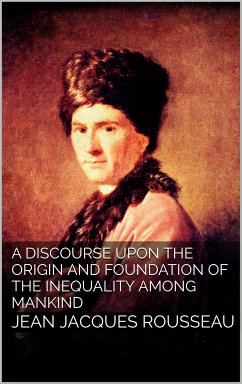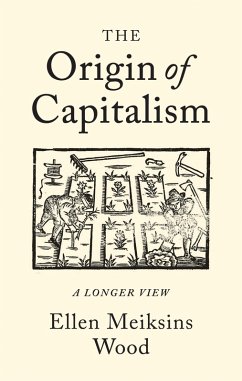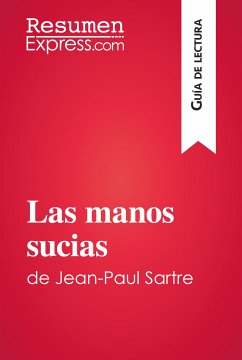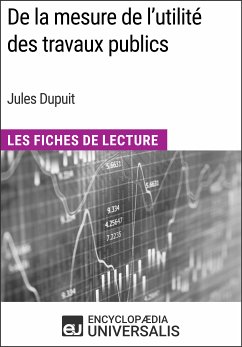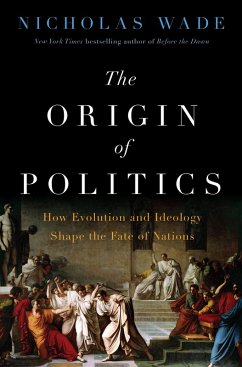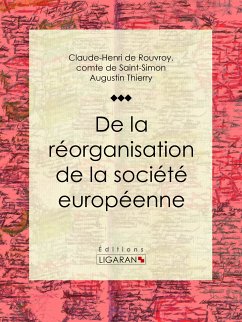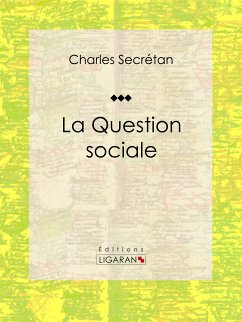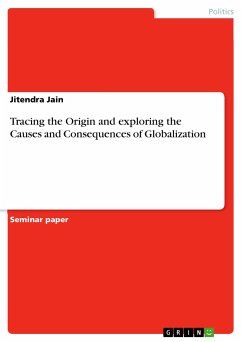
Discourse on the Origin of Inequality (eBook, ePUB)
Sofort per Download lieferbar
2,13 €
inkl. MwSt.

PAYBACK Punkte
0 °P sammeln!
In "Discourse on the Origin of Inequality," Jean-Jacques Rousseau delves into the foundations of human society, dissecting the development of social hierarchies and the moral ramifications of civilization. Written in a reflective yet engaging style, Rousseau's treatise contrasts the state of nature with the complex social structures that emerge from it. Through a philosophical lens, he examines concepts of natural rights, property, and the vices that inequality breeds, stimulating a critical discourse on the ethics of societal progress and human freedom. The work is seminal in the context of E...
In "Discourse on the Origin of Inequality," Jean-Jacques Rousseau delves into the foundations of human society, dissecting the development of social hierarchies and the moral ramifications of civilization. Written in a reflective yet engaging style, Rousseau's treatise contrasts the state of nature with the complex social structures that emerge from it. Through a philosophical lens, he examines concepts of natural rights, property, and the vices that inequality breeds, stimulating a critical discourse on the ethics of societal progress and human freedom. The work is seminal in the context of Enlightenment thought, challenging contemporary views on social contracts and governance. Rousseau, a prominent figure of the French Enlightenment, drew inspiration from his own experiences of social marginalization and a deep-seated belief in the inherent goodness of humanity. His unique perspective, coupled with his engagement with the intellectual currents of his time, led him to question the legitimacy of social constructs and advocate for a return to a more egalitarian society. This philosophical inquiry reflects Rousseau's profound impact on political theory and modern democratic thought. "Discourse on the Origin of Inequality" is essential reading for anyone interested in political philosophy, ethics, or the dynamics of power. Rousseau's eloquent writing not only offers profound insights into the nature of human existence and societal structures but also challenges readers to reflect on their own beliefs about equality and justice. By engaging with this text, readers will enrich their understanding of the philosophical roots of modern debates surrounding social inequality.
Dieser Download kann aus rechtlichen Gründen nur mit Rechnungsadresse in A, B, BG, CY, CZ, D, DK, EW, E, FIN, F, GR, HR, H, IRL, I, LT, L, LR, M, NL, PL, P, R, S, SLO, SK ausgeliefert werden.




